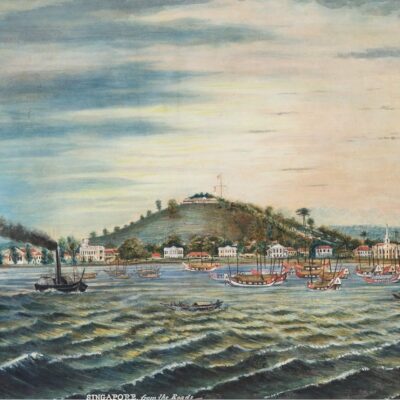The issue of supply chains have transformed in recent years from being primarily centred on trade and economics to now becoming highly strategic in their makeup and utilisation. This is especially true in the Indo-Pacific, whereby 2050 will be home to the 5 largest economies on the planet. The Indo-Pacific is predominantly a maritime-based region, which means the process of production and distribution of commodities and information are through regional supply chains at sea. The United Nations Conference on Trade and Development (UNCTAD) recently released its flagship ‘Review of Maritime Transport 2022’ and called for increased investment in maritime supply chains, which need to be better prepared for future global crises, climate change and the transition to low-carbon energy. In an era of a massive transition to cleaner energy, supply chains at sea are enormously important for driving the energy transformation. There are also increased geopolitical tensions and an array of non-military maritime threats that maritime-based supply chains must contend with in coming years.
Presenters:
Professor Bec Strating (moderator), Director, La Trobe Asia.
Dr Sallie Yea, 2021 Tracey Banivanua Mar Fellow, Department of Social Inquiry, La Trobe University.
John Bradford, Council on Foreign Relations International Affairs Fellow in Indonesia.
Andreas Aditya Salim, Senior Advisor for the Maritime Security Program.
Image credit: Pixabay.




